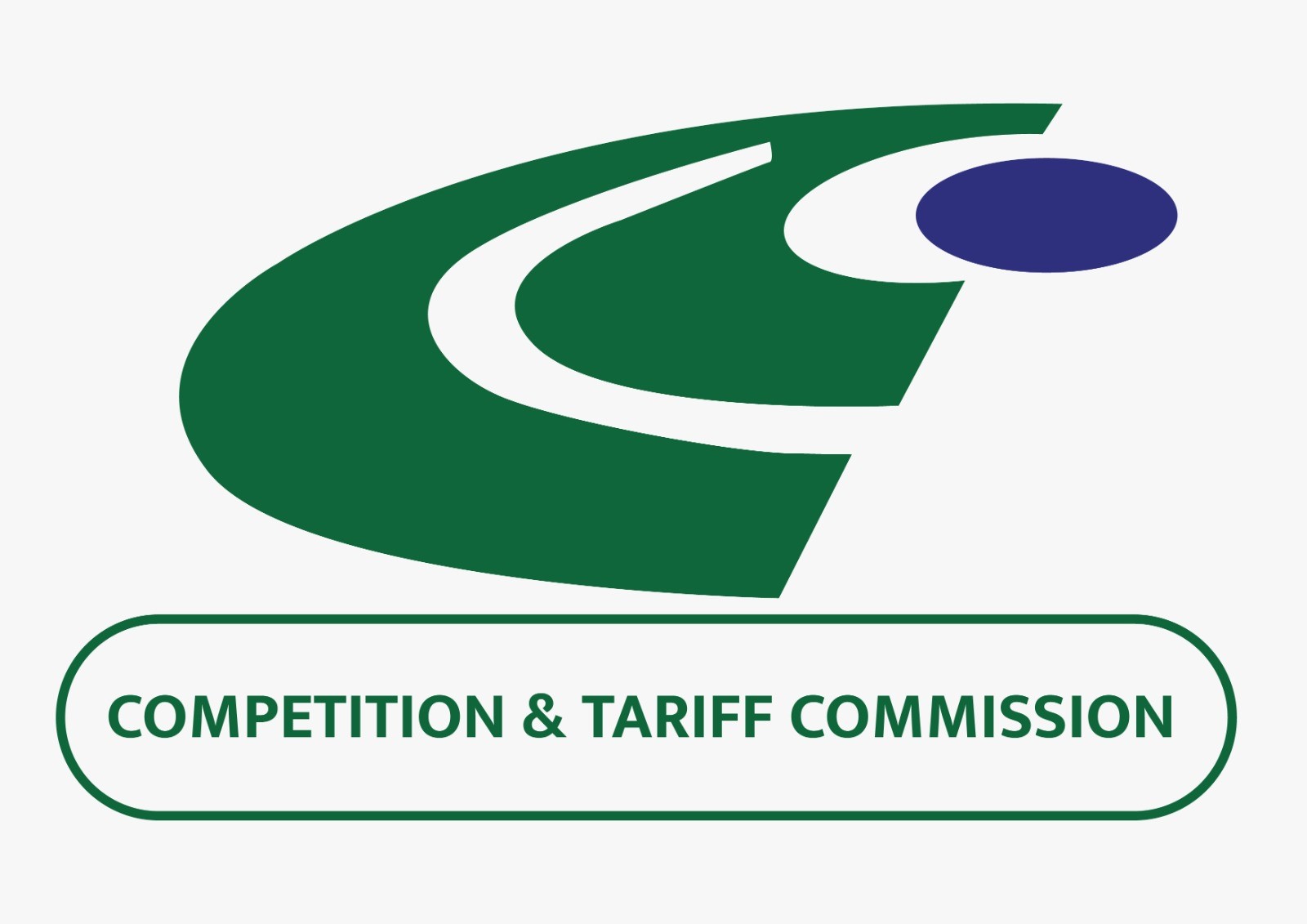
Competition And Vertical Integration In The Zimbabwean Healthcare Sector
COMPETITION AND VERTICAL INTEGRATION IN THE ZIMBABWEAN HEALTHCARE SECTOR
What is Competition?
Competition refers to a market situation where businesses independently strive for the patronage of customers, aiming to earn profits, and gain market share. Where businesses are subject to competitive pressure from other businesses, they are encouraged to improve their offerings and lower their prices. Healthy competition benefits consumers through lower prices, better quality and wider choices of goods and services. Competition law aims to prevent and remedy restrictive/anti-competitive practices (such as agreements between companies to fix prices, exclusive dealing and abuse of a dominant market position) that could harm consumers or restrict competition.
What is Vertical Integration?
Vertical integration occurs when a business is involved in multiple stages of production or service delivery within the same industry. In healthcare, this happens when a health insurer/ medical aid society operates healthcare facilities such as clinics/hospitals, pharmacies, and laboratories, effectively controlling the patient’s entire journey. Vertical integration is fast reshaping Zimbabwe’s healthcare sector and has become increasingly visible through medical aid societies expanding their operations beyond insurance provision to owning and managing hospitals, clinics, and other healthcare service facilities. While this strategy has been justified for improving service delivery and cost reduction, it has ushered in negative implications on the availability, efficiency, and fairness in offering of healthcare services.
Competition Concerns Associated with Vertical Integration in the Healthcare Sector
There are competition concerns associated with medical insurers involved in health services, especially limited consumer choice and market foreclosure that usually comes with the same insurers having to compete with unaffiliated healthcare service providers. The Competition and Tariff Commission (the Commission) has handled several cases related to anticompetitive conduct where health insurance and service provision are provided by the same entity to the detriment of other sector players. Some of the concerns that have been raised with the Commission are as follows: -
- medical insurers directing members to only receive care from their own practice, thereby limiting patient choices;
- policy holders required to pay huge co-payments at independent providers’ facilities while they access free consultations at their insurer’s own medical facility;
- insurer-owned service providers allegedly denying or restricting costly but necessary procedures, tests, specialist referrals in order to minimise costs;
- refusal to pay for services rendered at independent service providers’ facilities or paying well out of the required time frames;
- relatively higher tariffs or drug prices at insurer-owned or affiliated pharmacies or laboratories as compared to those owned by independent providers;
- refusal to register new service providers on direct payment system or as preferred service providers; and
- unilateral tariff reductions by integrated insurers.
Effects of Vertical Integration on Competition
Where vertical integration leads to foreclosure, exclusive dealing, refusal to deal etc., it ultimately limits access to essential healthcare services. The growth of vertical integration, particularly the acquisition and establishment of healthcare facilities by medical aid societies in Zimbabwe presents several anticompetitive effects that threaten the integrity of the health industry. Distortion of competition happens in various ways such as the following: -
- Foreclosure of Downstream or Upstream Markets
This happens when vertically integrated insurers limit access to essential services like laboratories, pharmacies, or clinics for independent competitors by requiring patients to use only a designated pharmacy, laboratory, or diagnostic centre. Integrated medical aid societies can prioritise their own healthcare providers limiting access to alternative providers, thereby creating an uneven playing field. This foreclosure reduces the care quality and may increase the cost of healthcare for consumers.
- Preferential Treatment to Affiliated Entities
Integrated firms may favour their own subsidiaries over unaffiliated competitors. This could involve faster reimbursements, better pricing, or guaranteed patient volumes for their own clinics, pharmacies, or laboratories, thus creating an unfair disadvantage to independent competitors.
- Discriminatory Pricing and Manipulation
A vertically integrated player may charge different prices for the same service based on affiliation. For instance, a laboratory owned by an insurer might receive better rates than an independent one, distorting competition in the process. By controlling both the insurance and healthcare provision aspects of the value chain, these entities can charge prices that do not reflect actual market value.
- Barriers to Entry for New Players
Vertical integration in the sector can create high entry barriers for new or smaller healthcare providers. When large, integrated firms control multiple stages of the supply chain, like insurance, hospitals, pharmacies, and laboratories, they make it difficult for newcomers to compete. For example, a new clinic may struggle to attract patients if most medical aid societies only honour claims from their own facilities. Similarly, independent pharmacies may lose business if insurers direct members exclusively to in-house outlets.
- Reduction in Consumer Choice
When medical aid societies operate healthcare facilities, they often limit choices available to their members. Patients may be compelled to use facilities owned by their medical aid provider or preferred healthcare service provider, reducing competition among service providers such as hospitals and clinics. With fewer independent healthcare providers, patients may find it difficult to seek care outside of the integrated system, potentially leading to higher prices and diminished quality of care as the pressure to outperform competitors diminishes.
- Diminished Quality of Care
With fewer providers competing for patients, medical aid societies and healthcare service providers may have less incentive to maintain high standards of care. This also stagnates medical research and development, reducing investment in new technologies and treatment methods. Integrated medical aid societies may prioritise cost-cutting over quality enhancement, jeopardising the overall health outcomes of the population. Integrated health systems may also limit referrals to other providers, affecting patient access to diverse services.
How to Enhance Competition in the Health Sector
Section 2 of the Competition Act [Chapter 14:28] prohibits practices that restrict competition directly or indirectly to a material degree. The anticompetitive effects of vertical integration in Zimbabwe’s healthcare industry pose a significant threat to consumers and the healthcare system overall. Market foreclosure reduces market dynamism, discourages investment, and limits innovation, thereby undermining the principles of fair competition.
The Medical Services Act [Chapter 15:13] and related Regulations govern activities of medical insurers, including registration, and restriction of certain investments. However, the law does not prohibit medical aid societies from operating healthcare facilities. Market foreclosure, limited consumer choices, exclusive dealing and refusal to deal that result from health insurers controlling the entire value chain restrict businesses from competing effectively and is a breach of competition law and policy. To promote competition in the sector, medical aid societies are prohibited from engaging in anticompetitive practices such as: -
- directing their members to only obtain healthcare services from their own facilities;
- refusing to honour claims for services rendered by independent service providers competing with their own practice;
- making payment to service providers in a discriminatory way; and
- refusing to register eligible service providers or unilaterally deregister service providers from the lists of service providers
Report Anti-Competitive Practices
Stakeholders are encouraged to report any anti-competitive practices such as forced referrals and limited service provider choice to the Commission at: -
The Director
Competition and Tariff Commission
23 Broadlands Road
Emeral Hill
Harare
Tel: 263-242-853 127-31
Email: director@competition.co.zw


